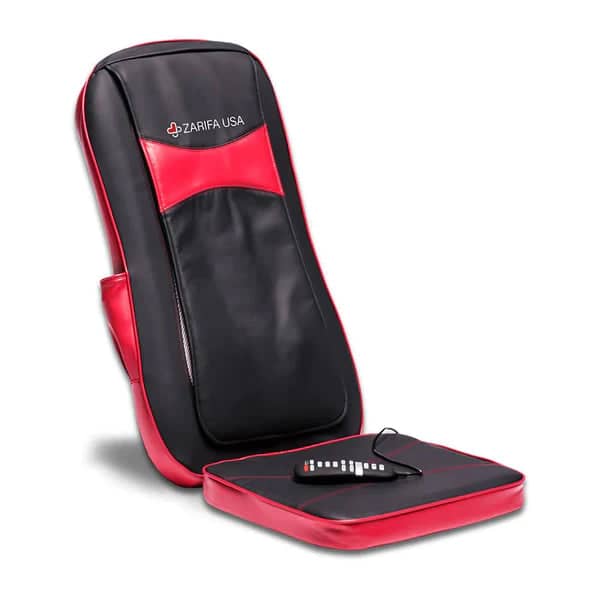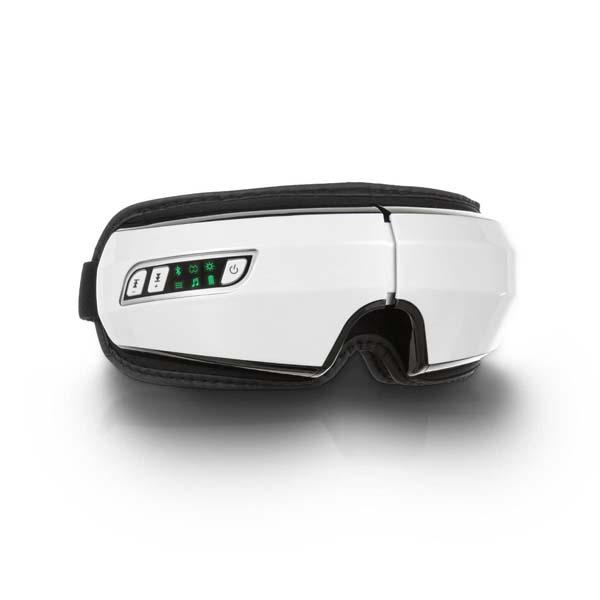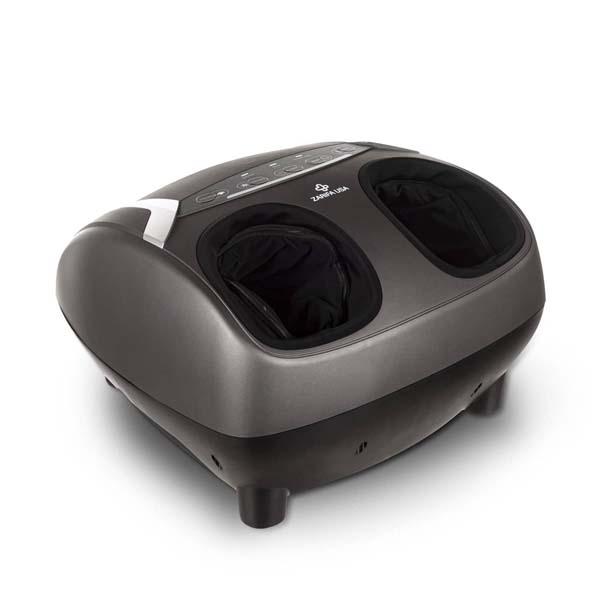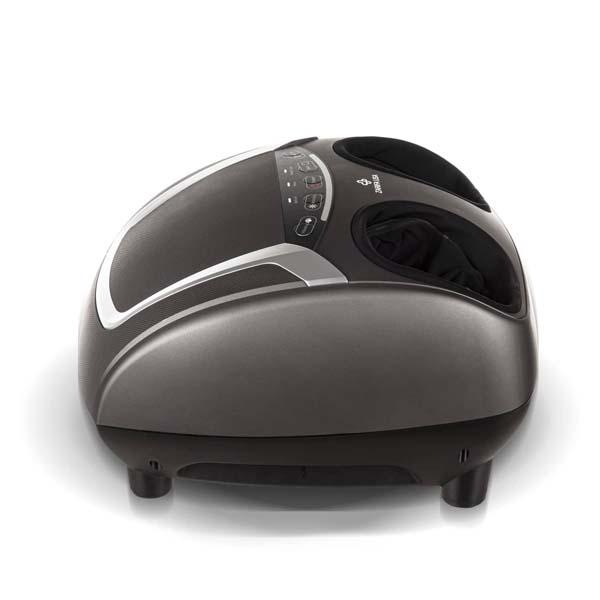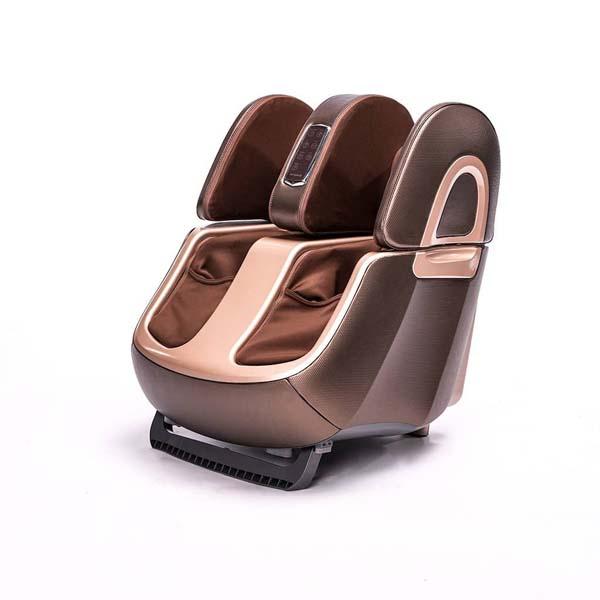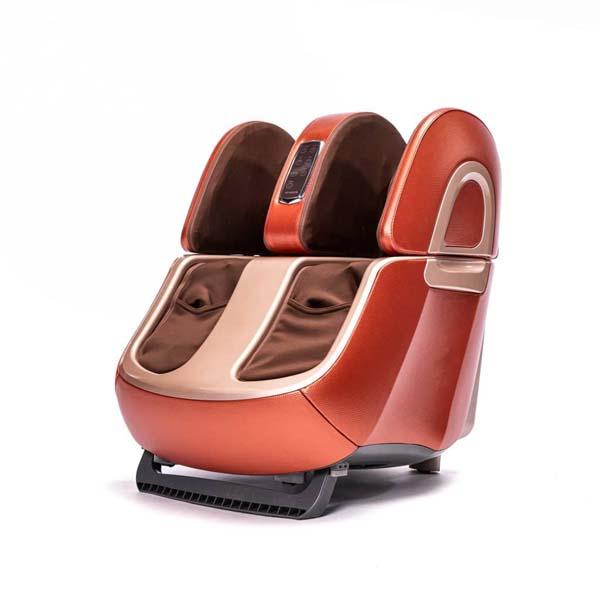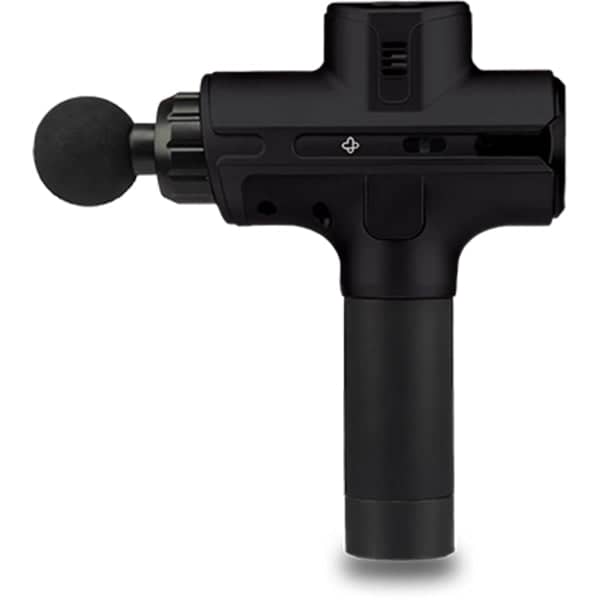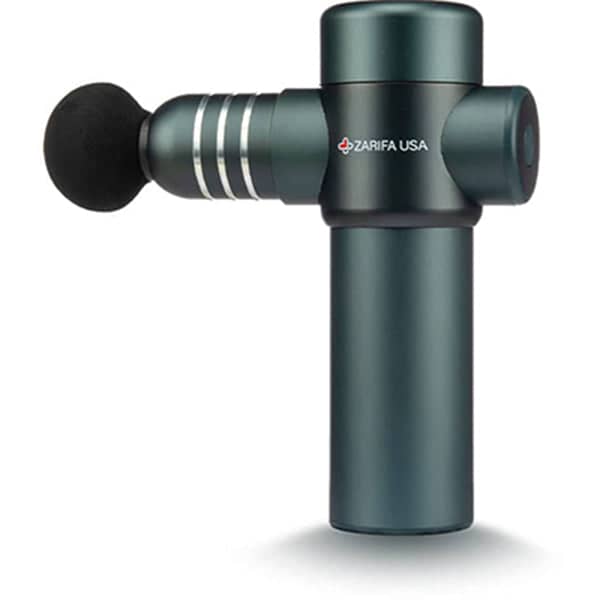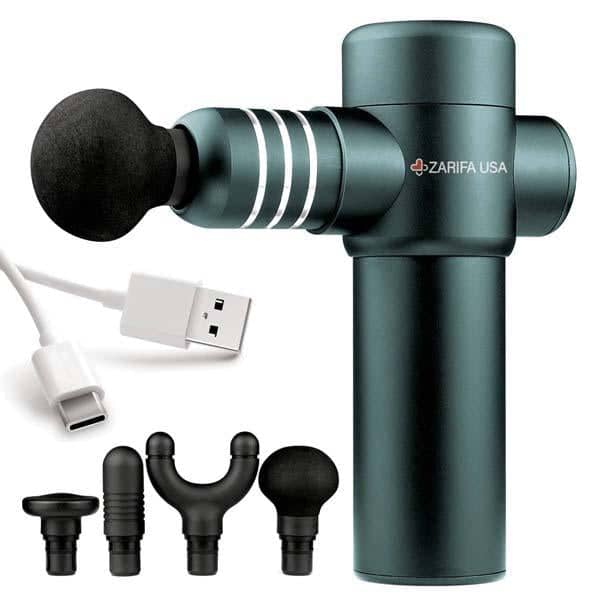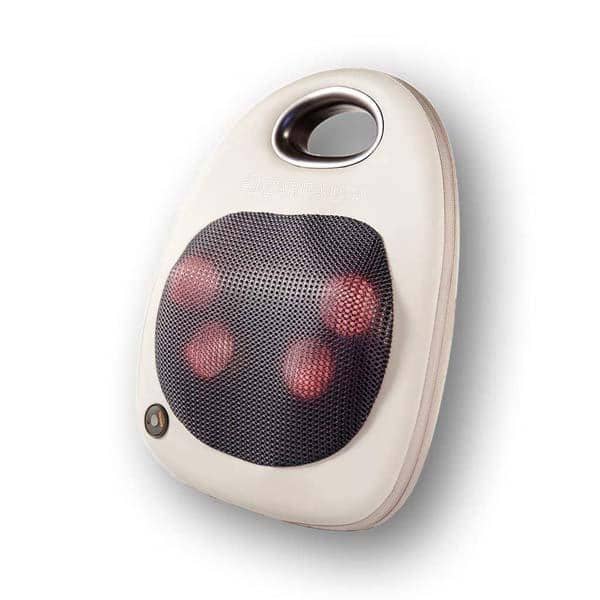ALCOHOLIC NEUROPATHY
Alcohol is toxic to the tissues that create your nerves. It is not unusual for people who drink regularly and often to start feeling pains and tingling in their limbs. This is known as alcoholic neuropathy. People who have alcoholic neuropathy have peripheral nerves that have been damaged by too much alcohol use. The peripheral nervous system, which includes these peripheral nerves, transmits signals between the body, spinal cord, and brain. This condition can lead to a range of symptoms that can significantly impact one’s quality of life.
SYMPTOMS OF ALCOHOLIC NEUROPATHY IN PERIPHERAL NERVES
Alcoholic neuropathy can affect nerves that control muscle movement, leading to symptoms that impact your motor skills and senses. These symptoms can vary widely, ranging from minor to severely debilitating. While neuropathy isn’t life-threatening, treating it will definitely improve your quality of life and wellness. The symptoms are often divided based on the parts of the body they affect:
Arms and Legs
Alcoholic neuropathy can affect sensory nerves, leading to symptoms such as numbness, tingling, and prickly sensations in the arms and legs.
-
Numbness: A common symptom where the affected areas lose sensation, making it difficult to feel touch or temperature changes.
-
Tingling and burning: Often described as a “pins and needles” sensation, this can be persistent and uncomfortable.
-
Prickly sensations: Similar to tingling, but can feel like tiny needles pricking the skin.
-
Muscle spasms and cramping: Sudden, involuntary contractions of muscles can cause significant pain and discomfort.
-
Loss of motor functions: This can include difficulty with coordination, balance, and fine motor skills, making everyday tasks challenging.
Urinary, Bowel, and Blood Flow
-
Incontinence: The inability to control urination, leading to accidental leakage. This can occur because the central nervous system controls these functions, and neuropathy can disrupt this control.
-
Constipation: Difficulty in passing stools, which can be painful and lead to other complications.
-
Diarrhea: Frequent, loose, or watery stools, often occurring unpredictably.
-
Problems starting urination: Difficulty initiating the act of urination, which can cause discomfort and frustration.
-
Feeling that the bladder hasn’t been emptied fully: Even after urinating, there may be a persistent feeling of needing to go again.
Other Symptoms and Pain Relief
Some symptoms of alcoholic neuropathy may be related to the immune system's response to nerve damage.
-
Sexual dysfunction: This can include reduced sexual desire or performance issues, impacting relationships and self-esteem.
-
Impotence: Specifically in men, this refers to the inability to achieve or maintain an erection.
-
Impaired speech: Difficulty in forming words or speaking clearly, which can affect communication.
-
Difficulty swallowing: Problems with swallowing food or liquids, which can lead to choking or malnutrition.
-
Heat intolerance, especially after exercise: An inability to tolerate warm temperatures, which can lead to overheating and exhaustion.
-
Vomiting and nausea: Feelings of sickness and the urge to vomit, which can occur frequently and unpredictably.
-
Dizziness and lightheadedness: These can occur due to changes in blood pressure or nerve signals, leading to balance issues and a risk of falls.
CAUSES OF ALCOHOLIC NEUROPATHY
Your peripheral nerves help your body manage important sensory and motor functions including:
-
Bowel and urinary elimination
-
Walking
-
Sexual arousal
-
Arm and leg movement
-
Speech
Alcohol can affect nerves by damaging the tissues that create them, leading to neuropathy. Alcoholic neuropathy is the result of damage to these nerves. The damage may be the result of long periods of heavy alcohol consumption. Chronic alcohol use can lead to nutritional deficiencies, particularly in vitamins essential for nerve health, such as vitamin B12 and folate. These deficiencies can exacerbate nerve damage and contribute to the development of neuropathy.
DIAGNOSING ALCOHOLIC NEUROPATHY
In order to be properly diagnosed, your doctor will need to examine you closely. Diagnosing alcoholic neuropathy involves identifying various peripheral neuropathies that may be present. It is important to share any past history of alcohol use to get the most accurate diagnosis. Diagnostic tests, which may identify other potential causes of neuropathy, include:
-
Nerve biopsy: A small sample of nerve tissue is removed and examined under a microscope to look for abnormalities.
-
Nerve conduction tests: These tests measure how quickly and effectively nerves transmit electrical signals.
-
Neurological examination: A thorough examination by a neurologist to assess the functioning of your nervous system.
-
Electromyography (EMG): This test measures the electrical activity of muscles to detect nerve dysfunction.
-
Kidney, thyroid, and liver function tests: These tests can help rule out other conditions that might cause similar symptoms.
-
Complete blood count (CBC): A blood test that provides information about the overall health of your blood cells.
-
Blood tests for vitamin deficiencies: These tests look for deficiencies in vitamins that are crucial for nerve health, such as vitamin B12 and folate.
TREATMENT AND MANAGEMENT OF PERIPHERAL NEUROPATHY
While there is no cure for alcoholic neuropathy, treatment focuses on managing symptoms and preventing further nerve damage. Key aspects of treatment include:
-
Abstinence from alcohol: The most crucial step in managing alcoholic neuropathy is to stop drinking alcohol. Continued alcohol use will only worsen the condition and hinder recovery.
-
Nutritional support: Ensuring an adequate intake of essential vitamins and minerals can help support nerve health. This may include dietary changes and supplements.
-
Medications: Various medications can help manage symptoms such as pain, muscle spasms, and gastrointestinal issues. These may include pain relievers, anti-seizure medications, and antidepressants.
-
Physical therapy: A physical therapist can help you develop an exercise program to maintain muscle strength and improve coordination and balance.
-
Massage therapy: Massage therapy can be beneficial for managing symptoms such as pain and improving circulation.
-
Occupational therapy: This type of therapy can help you learn new ways to perform daily activities and use assistive devices if necessary.
-
Lifestyle changes: Adopting a healthy lifestyle that includes regular exercise, a balanced diet, and stress management can improve overall well-being and support nerve health.
Alcoholic neuropathy is a serious condition resulting from chronic alcohol abuse that affects the peripheral nerves. It can cause a wide range of symptoms, impacting various aspects of life, including motor skills, sensory perception, and autonomic functions. Early diagnosis and treatment are crucial for managing symptoms and preventing further nerve damage. By abstaining from alcohol, ensuring proper nutrition, and working with healthcare professionals, individuals with alcoholic neuropathy can improve their quality of life and maintain better health.
Enjoy a healthy lifestyle!


